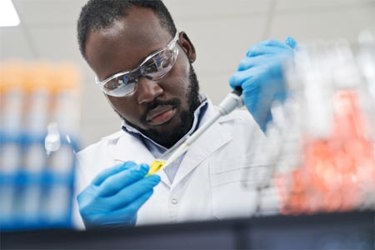Early Immune Profiling With In Vivo, In Vitro, And Ex Vivo Systems

Modern biologics increasingly interact with the immune system in complex and unpredictable ways. While these innovations enable transformative therapies, they can also provoke acute immune activation during first-in-human (FIH) trials, known as adverse immunostimulation (AIS). Traditional preclinical models often fail to predict such reactions, highlighting the need for smarter early clinical design.
The Centre for Human Drug Research (CHDR) has developed a structured, clinic-ready framework to detect, interpret, and manage AIS without halting progress. Drawing on experience from multiple FIH programs, this approach integrates in vivo immune challenges, ex vivo whole-blood analyses, and tailored in vitro assays to uncover the mechanisms driving each reaction. By planning sampling strategies, handling procedures, and decision rules before dosing begins, teams can ensure participant safety while learning from each immune event. CHDR’s methodology transforms unexpected reactions into opportunities for mechanistic insight, enabling rational mitigation, informed re-exposure, and faster development decisions. Ultimately, proactive immune profiling empowers sponsors to move confidently through early clinical stages, turning the unpredictability of human immunology into a strategic advantage.
Get unlimited access to:
Enter your credentials below to log in. Not yet a member of Cell & Gene? Subscribe today.
